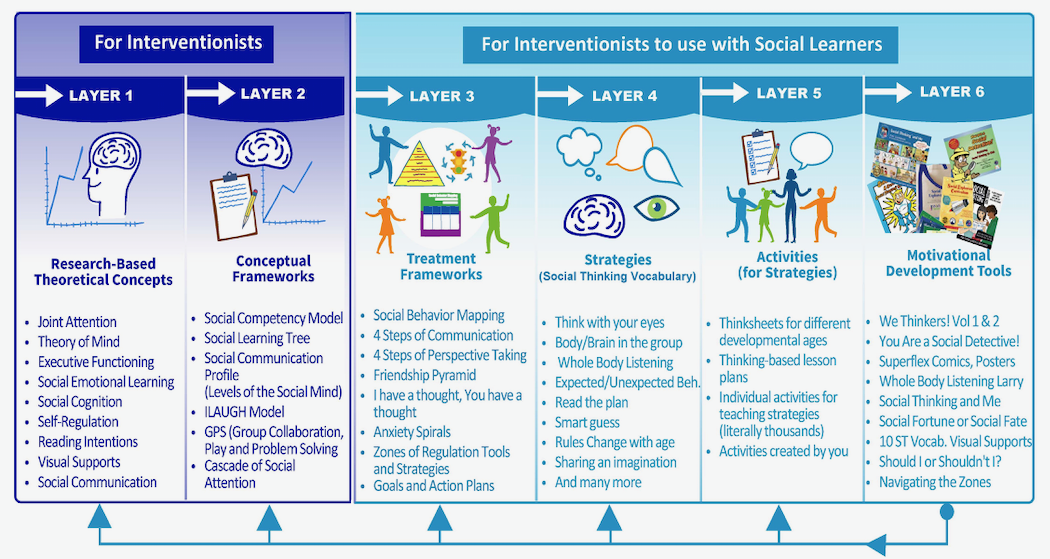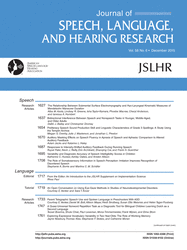A Methodology to Infuse Evidence-Based Practices
Peer-Reviewed Studies
Browse the latest peer-reviewed studies below or click through to see all publications including thesis, dissertations, studies and other published articles.
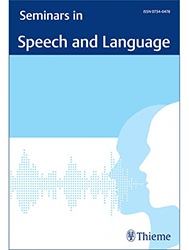
Crooke, P. J., & Winner, M. G. (2022, July). Social Thinking Metacognitive Strategies to Support Self-Determined Social Goals in Autistic Youth. In Seminars in Speech and Language (Vol. 43, No. 04, pp. 277-298). Thieme Medical Publishers, Inc.
 Please note, this requires purchase for complete access
Please note, this requires purchase for complete access
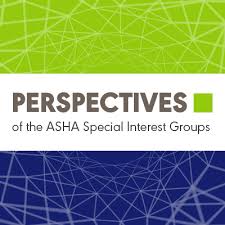
Tarshis, N, Winner, M.G & Crooke, P. (2020). What Does It Mean to Be Social? Defining the Social Landscape for Children With Childhood Apraxia of Speech. Perspectives of the ASHA Special Interest Groups, 1-10.
 Please note, this journal requires purchase or login for complete access
Please note, this journal requires purchase or login for complete access

Nowell, S. W., Watson, L. R., Boyd, B., & Klinger, L. G. (2019). Efficacy Study of a Social Communication and Self-Regulation Intervention for School-Age Children With Autism Spectrum Disorder: A Randomized Controlled Trial. Language, Speech, and Hearing Services in Schools, 50(30), 416-433.
 Please note, this journal requires purchase or login for complete access
Please note, this journal requires purchase or login for complete access
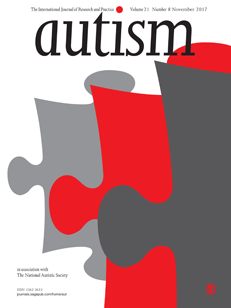
Baker-Ericzén, M.J., Fitch, M., Kinnear, M., Jenkins, M. M., Smith, L., Montano, G., Twamley, E., Crooke, P, Garcia Winner, M., Feder, J., & Leon, J. (2017). Development of the Supported Employment, Comprehensive Cognitive Enhancement and Social Skills (SUCCESS) program for adults on the autism spectrum: results of initial study. Autism: International Journal of Research and Practice, 22(1), 6-19.
 Complete access available at no cost
Complete access available at no cost
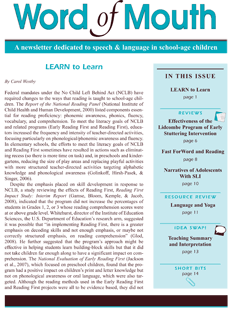
Crooke, P. & Garcia Winner, M. (2017). Social Thinking® in the Landscape of Evidence-Based Practices. Sage Journals: Word of Mouth, 28(5), 5-8.
 Please note, this journal requires purchase or login for complete access
Please note, this journal requires purchase or login for complete access
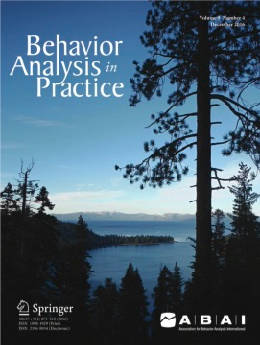
Crooke, P.J., & Winner, M. G. (2016). Social Thinking Methodology: Evidence-Based or Empirically Supported? A Response to Leaf et al. Behavior Analysis in Practice, 9(4), 403-408.
 Complete access available at no cost
Complete access available at no cost

Crooke, P.J., Olswang, L., & Winner, M.G. (2016). Thinking Socially: Teaching Social Knowledge to Foster Social Behavioral Change. Topics in Language Disorders, 36(3), 284-298.
 Please note, this journal requires purchase or login for complete access
Please note, this journal requires purchase or login for complete access
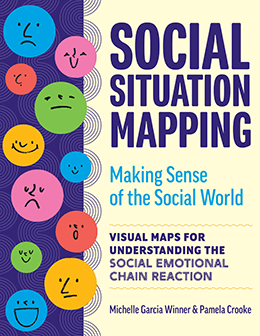
Social Situation Mapping
Social Situation Mapping (SSM) offers cognitive behavior strategies to teach individuals about the specific relationship between behaviors, others' perspectives, others' actions (consequences), and the student's own emotions about those around them. SSM is a visual tool that displays these abstract concepts through a flow chart. Intended for 3rd-12th grade students, this strategy is most effective for students with solid language skills.

Superflex Curriculum
The Superflex Curriculum offers lesson plans to help professionals and parents create a personalized Superflex Superhero Training Academy. The curriculum teaches that all of us have superflexible capacities in our brains and that we can use these powers to transform into our own unique Superflex!
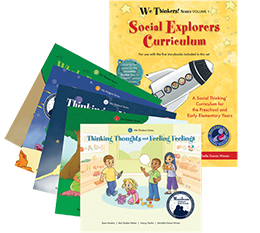
We Thinkers! Series
The We Thinkers! series consists of two volumes with detailed lesson plans, in-classroom structured activities, educational plan goals, and learn-at-home family letters. Both volumes introduce key Social Thinking concepts and vocabulary for ages 4-7.
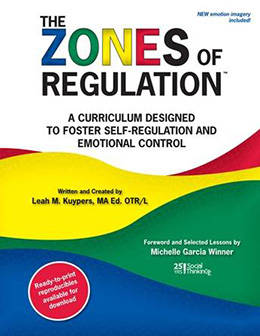
The Zones of Regulation
The Zones of Regulation curriculum is geared toward helping students gain skills in consciously regulating their actions, which in turn leads to increased control and problem solving abilities. Using a cognitive behavior approach, the curriculum's learning activities are designed to help students recognize when they are in different states called "zones."




